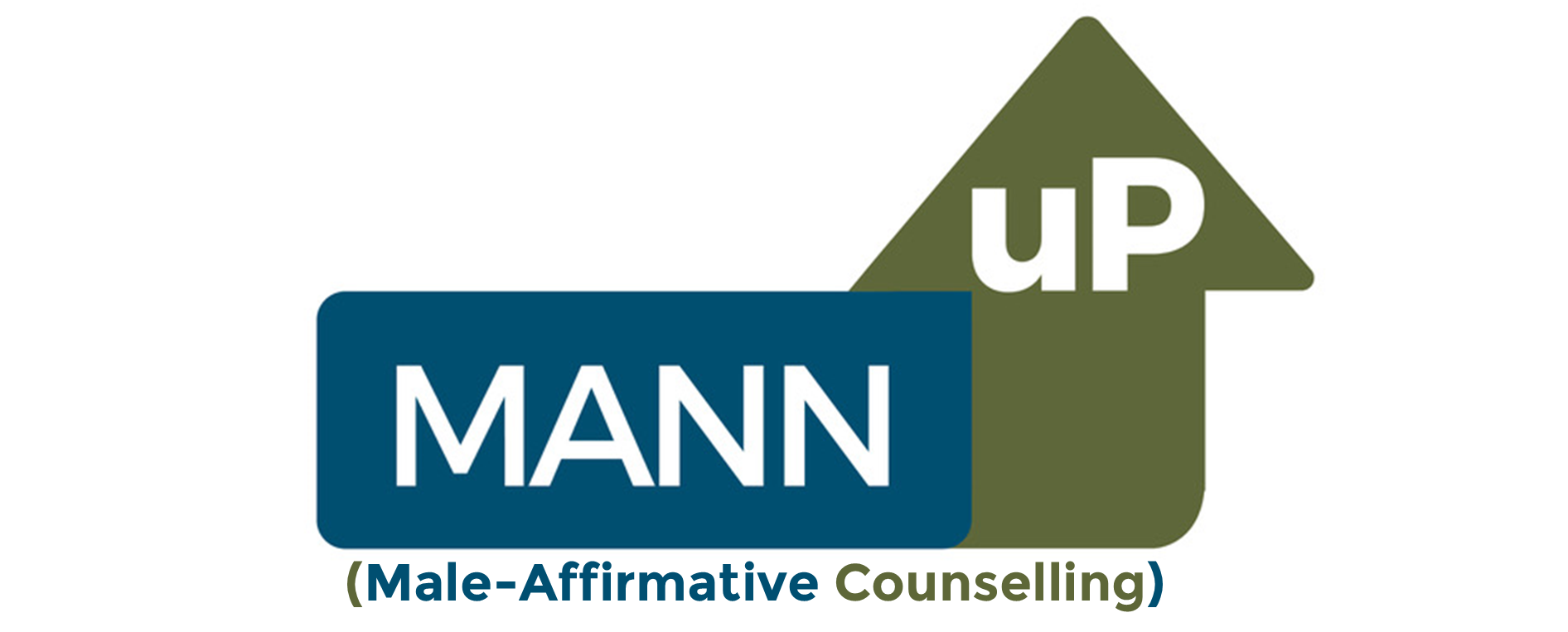WHAT IS AN ADDICTION?
 The NHS website defines having an addiction as: “Not having control over doing, taking or using something to the point where it could be harmful to you.”
The NHS website defines having an addiction as: “Not having control over doing, taking or using something to the point where it could be harmful to you.”
The American Society of Addiction Medicine website says an addiction is: “A treatable, chronic medical disease involving complex interactions among brain circuits, genetics, the environment, and an individual’s life experiences. People with addiction use substances or engage in behaviours that become compulsive and often continue despite harmful consequences.”
An addiction can be thought of as a problematic relationship that you have developed with a substance and/or a behaviour in your life.
This problematic relationship may result in you feeling you are no longer empowered to genuinely cut back or abstain should you wish or need to do so. You may experience withdrawal symptoms or cravings when you do try to reduce, and feel like you can not function in day-to-day life without the substance and/or behaviour.
A key indicator that the relationship is now a problematic one for you, is if engagement with the substance and/or behaviour could result in you or others being put at risk of serious harm.
HOW MANY PEOPLE STRUGGLE WITH ADDICTIONS?
The Action on Addiction website reports that research carried out in 2023 revealed that 45% of UK adults aged 18-75 had either directly experienced addiction themselves with a dependency to alcohol, drugs, medication, gambling or sex themselves, or knew someone close to them that had.
The Rehabs.uk website reports that in England alone, there are 602,391 dependent alcohol users.
The Department for Heath website reports that in Northern Ireland in 2022-2023, a total of 2,960 clients presented to services for problem substance misuse.
The Addictions UK website reports that 2.7% of people in Great Britain, or 1.4 million people, might be considered problem gamblers.
The Laurel Centre website reports that 4.69% of the UK population are at high risk of compulsive sexual behaviour.
WHAT CAN TRIGGER AN ADDICTION?
An addictive or compulsive relationship will often be triggered and develop due to the physical or psychological (mental and emotional) impact on an individual from engaging with something.
If that impact is initially pleasurable and/or useful, it can be natural enough for a person to seek out further repeated engagements.
ADDICTED TO PLEASURE
If taking something into your body, or doing something, stimulates a pleasurable response within you, often in the form of a release of so called ‘happy hormones’ such as Dopamine, Oxytocin or Endorphins (see the Healthline website for further detail), your brain learns that association, and will want to repeat something you enjoyed.
The risk here is that over time as your brain becomes accustomed to taking the substance or engaging in the behaviour, the level of pleasure experienced and the release of ‘happy hormones’ diminishes as your brain gets used to this type of stimulation.
You can also be at risk of depleting or exhausting your general reserves of ‘happy hormones’ through continual over-stimulation, which can lead to being dopamine depleted.
ADDICTED TO USEFULNESS
It taking something into your body or doing something proves to be initially useful for you, your brain can also learn that association, and will want to repeat something that it sees aids your life functioning.
 For example, if you initially find taking a glass or two of alcohol helps you feel more relaxed at a party, your brain will learn the association between alcohol and social success.
For example, if you initially find taking a glass or two of alcohol helps you feel more relaxed at a party, your brain will learn the association between alcohol and social success.
Or if as a result of going to the gym, you get a few more admiring glances, your brain will learn the association between exercise and confidence.
If you have had a bad day and coming home and eating a slice of cake helps you feel better, your brain will learn the association between food and comfort.
If you are feeling stressed and watching some porn and masturbating helps you feel better (most likely down to the release of dopamine as you ejaculate), your brain will learn the association between sex and relaxation.
The risk here is that over time you can start to feel like you cannot be socially successful, confidence, comforted or relaxed etc. without taking the substance or engaging in the behaviour., and it reduces your motivation to find other means to cope.
You can also be at risk of the levels of substance use or behaviour becoming so great over time that far from being useful for your life functioning, they actually start to make it more difficult. An example might be you starting out taking a few drinks to be more confident socially, but overtime your alcohol intake creeps up, and it tips over to the point where alcohol leads to you being socially disruptive and disliked.
WHAT CAN YOU BE ADDICTED TO?
The range of things you could develop a problematic relationship with that could be considered your addiction is vast.
Anything that can have the potential to stimulate a pleasurable reaction within you, and/or anything that your brain can initially see as being useful for aiding your life functioning has the potential to become your addiction.
If engaging with something does both (i.e. your brain finds the engagement both pleasurable and useful) it will most likely be particularly high risk for you.
Generally addictions can be thought of a substance or behavioural addictions. With substance addictions, there can be a further complication with how your body interacts with and becomes accustomed to the presence of the substance and its physiological impact on you (e.g. the nicotine in cigarettes).
Substance addictions can include:
- Alcohol.
- Drugs (including illegal drugs and prescription/over-the-counter medications).
- Food.
Behavioural addictions can include:
- Work.
- Sex (including pornography use and masturbation).
- Exercise.
- Gambling.
- Hobbies (including gaming and social media use).
HOW TO IDENTIFY IF YOU MAY BE ADDICTED?
The key words to consider when you are evaluating if your substance use or behavioural habit has become an addiction for you are control and harm.
 Do you really have control of when to what extent you engage? Can you genuinely stop if you wish or need to? Are you only engaging when you really want to, or is it really because you need to? Are you able to set engagement limits and stick to them?
Do you really have control of when to what extent you engage? Can you genuinely stop if you wish or need to? Are you only engaging when you really want to, or is it really because you need to? Are you able to set engagement limits and stick to them?
Be honest to about the subtle or obvious harm your engagement with a substance or behaviour is already causing you, or someone else, or the potential for that engagement to cause harm at some future point.
Are you putting your health, your job, your financial security or even your liberty at risk? Are you already, or could you potentially be causing someone else physical, financial or psychological harm and distress?
Ask yourself the following questions, and answer them honestly:
- Has your engagement with the substance and/or behaviour become entangled with your mood management?
- Has your engagement with the substance and/or behaviour become an essential ‘crutch’ to aid your day-to-day life functioning?
- Has your engagement with the substance and/or behaviour increased over time in terms of frequency/duration/volume?
- Do you experience physical/psychological withdrawal symptoms or cravings when you abstain from engagement with the substance and/or behaviour?
- Is your engagement with the substance and/or behaviour causing dysfunction, distress or danger to enter your life?
- Do you hide your levels of engagement with the substance and/or behaviour from others?
- What would others say if they knew the full extent of your engagement with the substance and/or behaviour?
THE FUTURE OF YOUR ADDICTION?
If you can honestly admit to yourself that your engagement with a substance and/or behaviour is no longer within your control and is causing harm, good for you, that is the first step towards recovery.
 The very first step to take is to do all you reasonable can to immediately reduce the risks for you and others.
The very first step to take is to do all you reasonable can to immediately reduce the risks for you and others.
Start right away to cut back on the volume of the substance you are addicted to, and try to set and stick to limits on the behaviour you are addicted to. Every small reduction is a victory, and a step in the right direction.
At the very least, try to remove the aspects of your substance use and/or behaviour that are most associated with risk of harm. That might mean tacking actions like not driving when under the influence, not engaging in unprotected sex, or not gambling with somebody else’s money.
Once things are a little more under control, do and honest ‘stock check’ with yourself on the benefits and drawbacks of engaging with your addiction. If you keep going back to it time and time again, it must be delivering something you want or need. If you can work out what that is, you can start to think of other safer alternative ways to meet that inner need.
Next comes the truly hard decision, if you are an adult and your addiction is not illegal, then you do have a choice, do you continue as is, or do you change or stop?
If you decide to continue with your addiction, then do it honestly, know the risks, and do what you can to reduce or mitigate them.
If you decide you are going to have a reduced or reframed relationship with your addiction (e.g. only drinking alcohol say once a week, or only eating food when you are genuinely hungry), set your limits and think about how you are going to be able to stick to them.
If you decide you need to end your relationship with your addiction (to abstain), then plan for how you will fill the void this will leave in your life in terms of the pleasure and/or usefulness function the addiction has served.
DO YOU NEED SPECIALIST HELP?
Reducing, reframing or abstaining from a long-held relationship with a substance and/or behaviour that you are honestly not in control of currently will be no easy task.
Many people who make this empowered choice to change, benefit from specialist addiction supports. Some examples of organisations that could help you take on your addiction are listed in the Useful Others section of this website.
HOW MANN UP CAN HELP?
If you need help and support to evaluate if your engagement with a substance and/or behaviour has gotten beyond your control and could be causing harm, taking part in a personal programme can provide a respectful, non-judgemental and discreet space in which to explore.
Then if you do wish to change your relationship with a substance and/or behaviour, you will be fully supported to devise and enact a plan of action that will see you change your life for the better.
